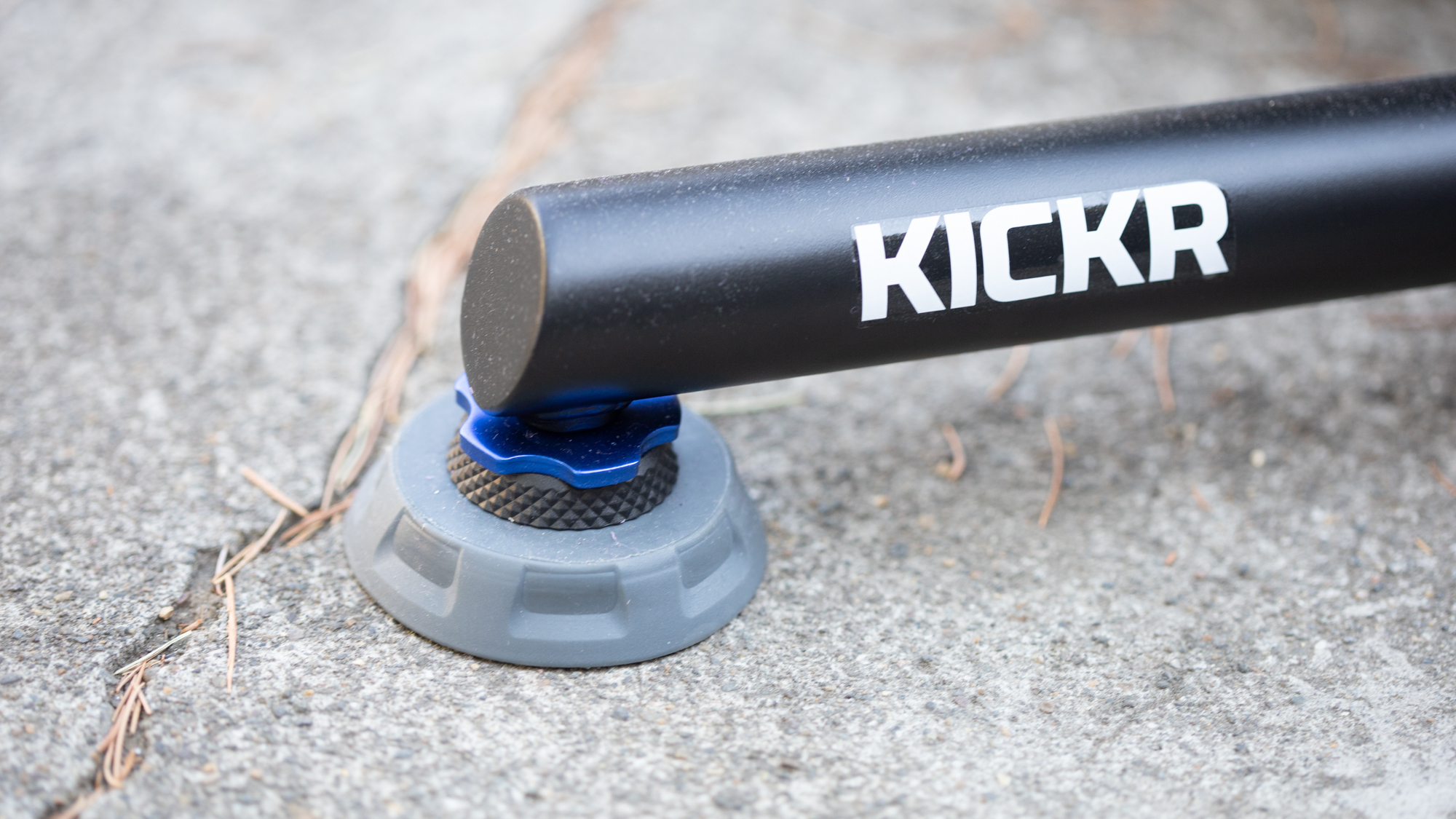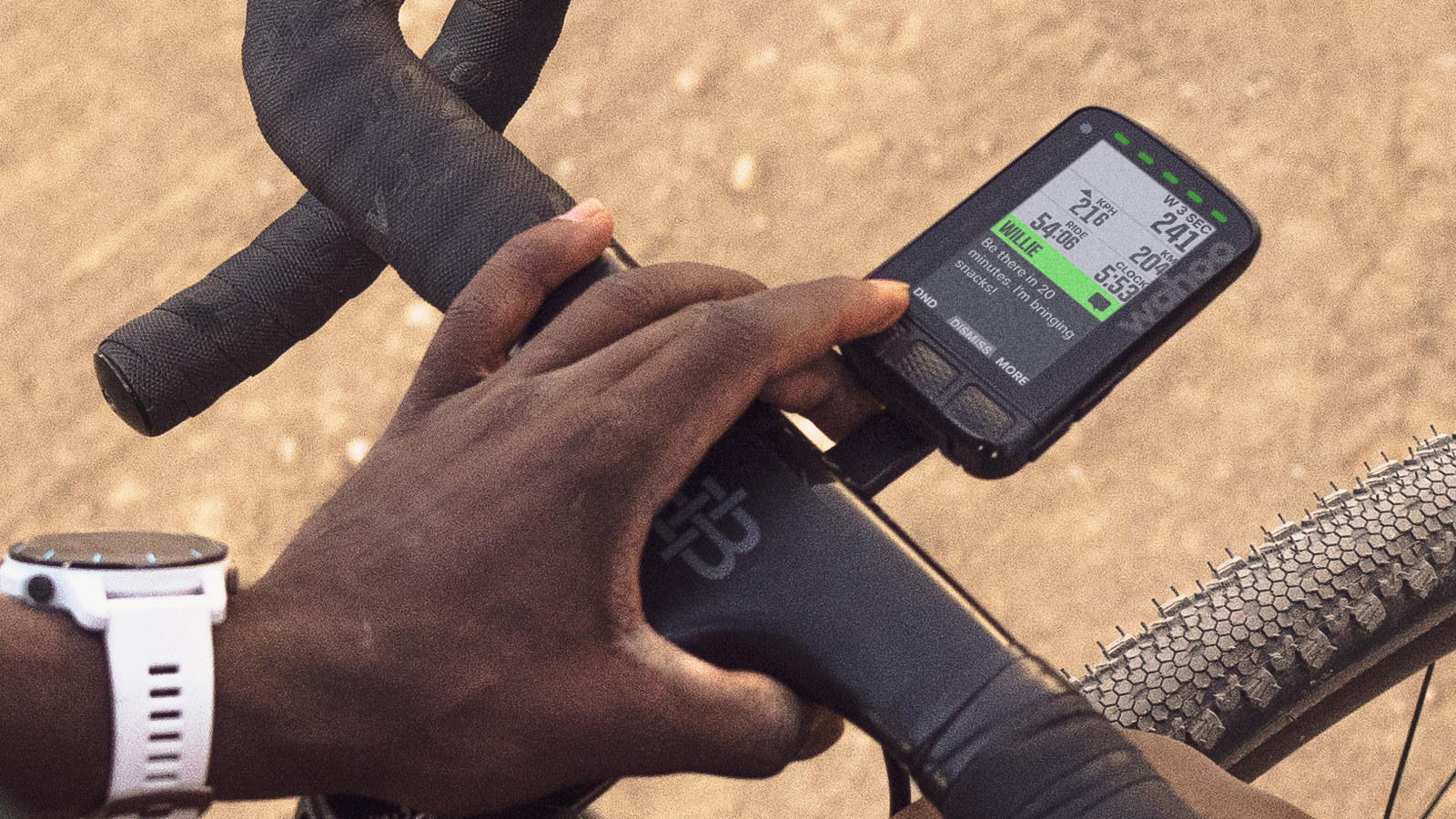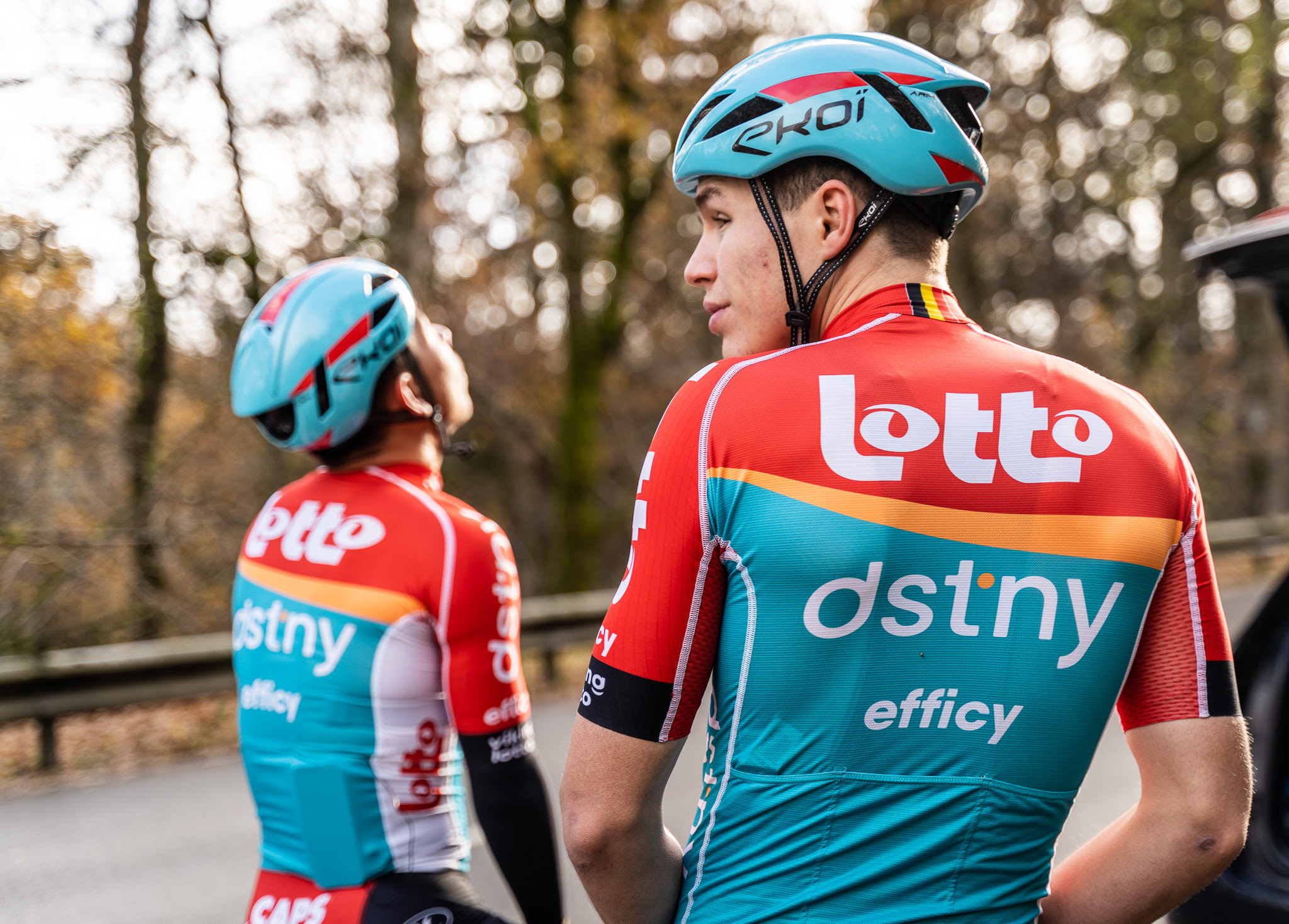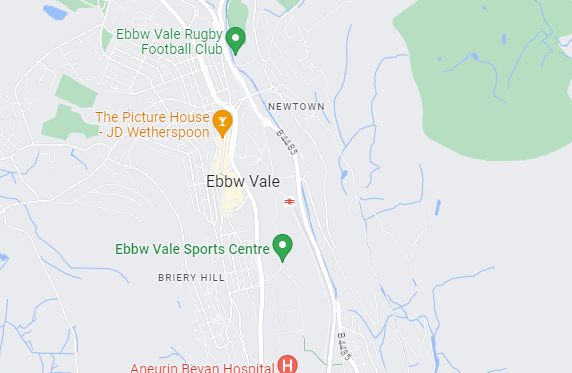
The cycling industry has a problem, one that you may have noticed from time to time but maybe turned a blind eye to. “It doesn’t really affect me, so I’ll just let it go”, you think to yourself. I’m afraid to say that attitude is only serving, on a collective basis, to exacerbate the issue. What is the issue then, that’s so pressing it demands a full investigative piece? Well, someone, somewhere is stealing all the vowels.
Amongst the throng of new releases we get exposed to a greater and greater frequency of launches are ever more devoid of those five key letters (six, if you’re counting Y) that really do aid in guiding the correct pronunciation. Without them, I’d just be Wllm Jns, writing for Cyclngnws. When did this epidemic of vowel theft begin, and moreover what can we do to slow its spread and ultimately bring it to a halt?

It all started with Wahoo
No company has been so completely ransacked of its vowels as Wahoo, as if to compound the financial difficulties the company has been facing over recent years.
We can view the American smart fitness brand as the first victim of an industry-wide spree. The scale of the devastation is reflected across the whole product line: All of its bike computers, the Elemnt range, are affected, along with the entire line of both smart trainers, exercise bikes, and accessories thanks to the Kickr moniker being truncated prematurely. Moreover, the Powrlink pedals and Tickr heart rate monitor have been afflicted. It seems the only products to have been left untouched are the speed and cadence sensors, though for how long we can’t say, as “Cdnc” is clearly going to be low-hanging fruit, but I think we can all rest assured that “speed” is safe as “Sped” looks daft, and “Spd” would likely incur some legal ramifications with Shimano.

An industry wide issue
We need to treat Wahoo as a cautionary example of how severe the theft of vowels can get if a company is not defended with sufficient robustness. It’s far from a lone cnry in a coalmine, however. Following extensive investigations, Cyclingnews is sad to report the following brands and product lines have been affected, over and above what we see at Wahoo:
- Ridley, with it’s Grifn bike
- The Trackr gravel race
- Lotto-Dstny
- Rab, with its new Cndr bikepacking range
- Canyon, with its Grizl bike and its MTB Cllctv
- Spatz, with its Shiftr jersey
- Strykr energy products
- Bontrager’s Blendr range of components
- Chpt3
- Knog’s Powr lights
- Poloandbike’s Cmndr bike
This list isn’t exhaustive but illustrates that the issue is endemic across all parts of the bicycle industry, from races, through products, to brands themselves. Even publications such as advntr.cc aren’t immune, which gives us here a heightened vigilance, especially with our similarly-titled sister company, Advnture, falling foul. Even riders themselves are becoming affected; not even matching Merckx’s all-time Tour de France stage record could keep the perpetrators away from Mark Cvndsh.

Historical context
Has this happened in the past? If so, maybe we could learn from it. Those who don’t lrn from hstry are doomed to repeat it, so the saying goes. Initially, I looked to the music industry, and while there have been some isolated incidents, most notably Fall Out Boy falling foul on their difficult third album with Thnks fr th Mmrs, a stone-cold banger of a track despite its obvious grammatical shortcomings. I considered reaching out to teen heartthrob of the 2010’s Pete Wentz for comment, but if I’m being honest I didn’t wish to cause him any more upset. That, and it might have been a tricky one to explain, even if he had been willing to go on record.
After much head-scratching I realised the answer was staring me in the face the whole time. It was in my blood, my proud, half-Welsh blood. Given that my dear father is from South Wales, and my surname is Jones, it gives me absolute carte blanche to indulge in some satirical history.
The Welsh have been devoid of almost any vowels for so long now that you almost wouldn’t notice; hiding in plain sight. I used to visit my gramps at Ebbw Vale frequently before he passed away. This proud mining town was presumably once a full Ebbew, were it not, as ever, for the English. Digging through the archives at my local fictional library, I discovered that back in the annals of history the English, running short of vowels themselves thanks to yet another war with the French, levied a punitive tax on its Celtic neighbour and mostly unwilling subjugate. Vowels were taken from places like Bwlch, (formerly Bulch) to bolster towns and villages in England, predominantly those now sporting a frankly greedy ‘borough’ suffix. Next time you travel through Loughborough, just remember the toll taken on my ancestors.
The Welsh, ever stoic and resourceful, adapted to the new situation with aplomb, using surrogate vowels, moulding Y’s and W’s to their will, and even creating new sounds through the combinations of two L’s. However, they needn't have had to, and it’s a clearly visible reminder of what could happen to the cyclng indstry if we don’t face this issue head-on.
I don’t think we can lay the blame this time at the feet of the English, so for now we shall have to focus on recovery and resilience.

What can we do about it?
Cycling is an industry like any other, one that relies on strong marketing and cnsumr dmnd. The difficult truth is that, in order to take the power back from those responsible, we’re collectively going to have to commit to pronouncing each abbreviated brand, product, team and whatever else falls foul precisely as it is spelt. Yes, it may feel silly, but if we all band together and do this, the mass reduction in vowel usage will devalue those already on the blck mrkt, and therefore make any unguarded A’s, E’s, I’s, O’s, or U’s much less attractive targets.
It will also prhps shw brnds jst hw slly ths s bcmng.







